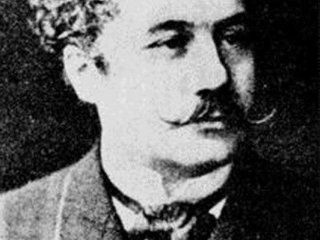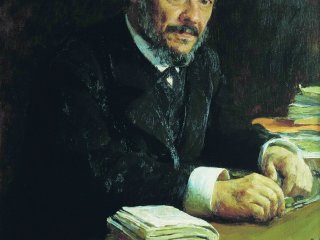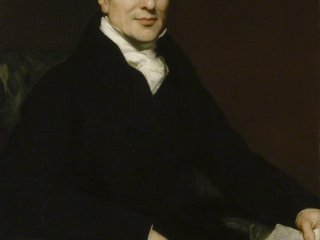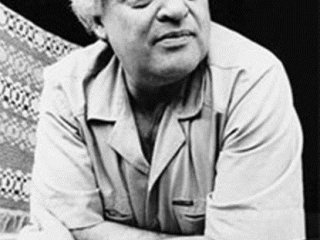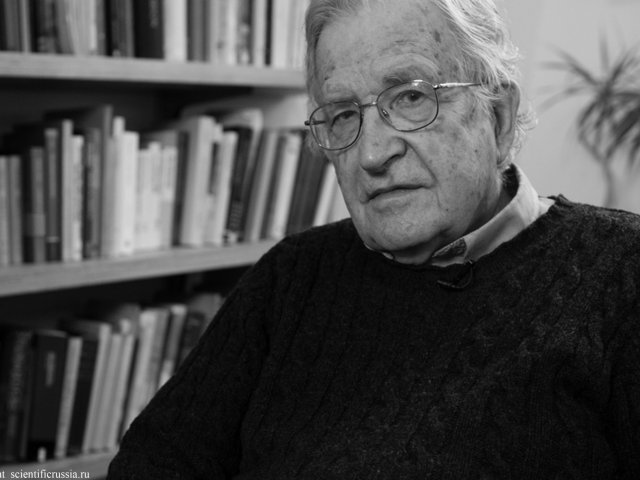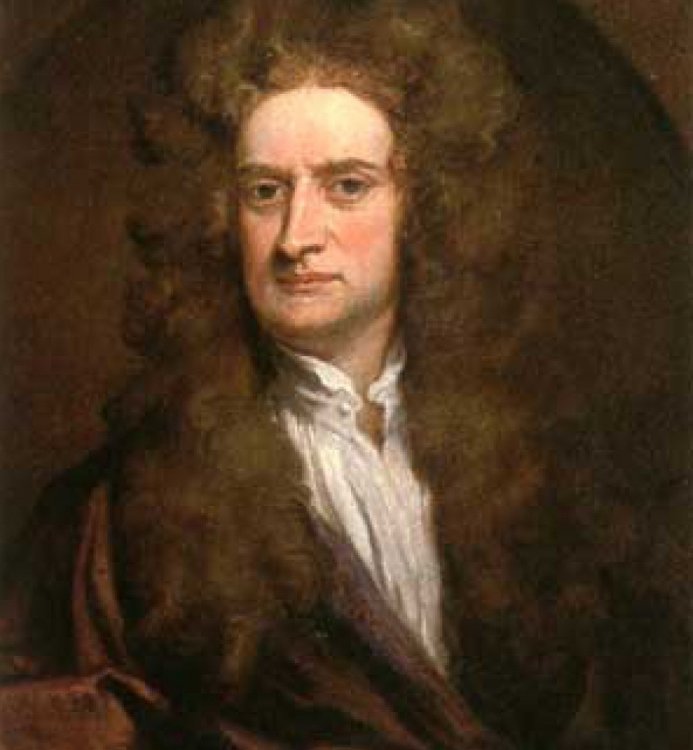
According to the global survey of scientists organized by Isaac Asimov, Sir Isaac Newton, along with Archimedes and Darwin, was unanimously included in the top three greatest figures of science in the history of mankind. And on merit – the list of his achievements is impressive, and among the “smoother pebbles” and “prettier shells” there are fundamental laws of modern physics – the law of universal gravitation and three Newton's laws, which laid the foundations of classical mechanics. Independently of Leibniz and simultaneously with him, Newton created the integral and differential calculus. His contribution to optics and celestial mechanics is invaluable, as well as his other feats. Newton is the epoch and the foundation of modern physics – this assessment is universally accepted. The details are also very interesting. Newton's biographer, Professor More, wrote, “In the history of science, there is no example equal to the achievements made during these two golden years.” Meanwhile, the “golden” years were 1665-1666, when the plague struck London and Cambridge, and Newton was hiding from it in his native village of Woolsthorpe. Those years were noted for an outstanding harvest of apples; as they say, the fall of one such apple prompted the scientist to thoughts about universal gravity. Isaac Newton was a brilliant, multifaceted personality. He achieved significant success in many areas. Newton's work as Master of the Mint was marked by an eightfold increase in the productivity of workers and a complete victory over counterfeit coins. Politics was the only field where Newton did not succeed. He was elected to the House of Commons, but spoke there only once – he asked to close the window, as there was a draft.
